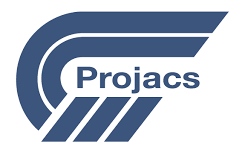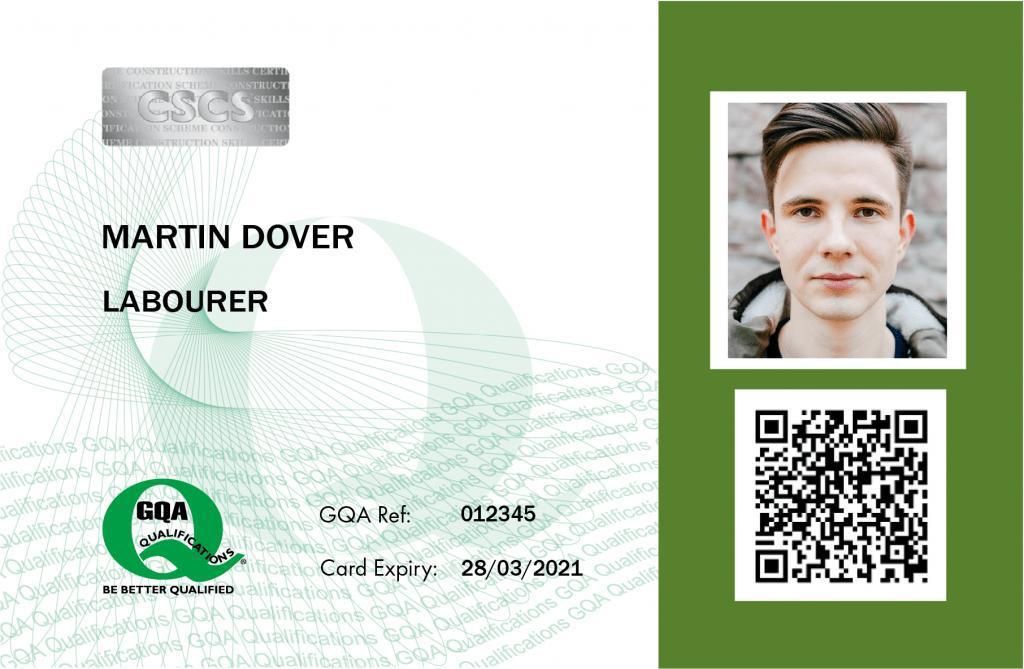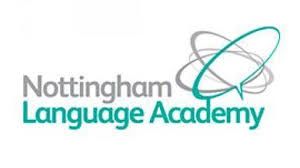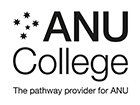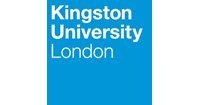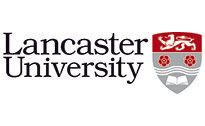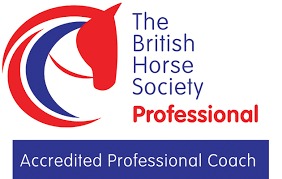
Work-Life Balance and Preventing Burnout
Course ID: 2507140101439ESH
Course Dates : 14/07/25 Course Duration : 5 Studying Day/s Course Location: London, UK
Language: Bilingual
Course Category: Professional and CPD Training Programs
Course Subcategories: Operations and Process Excellence
Course Certified By: ESHub CPD & LondonUni - Executive Management Training
* Professional Training and CPD Programs
Leading to:
Executive Diploma Certificate
Leading to:
Executive Mini Masters Certificate
Leading to
Executive Masters Certificate
Certification Will Be Issued From :
From London, United Kingdom
Course Fees: £5,120.30
Vat Not Included in the price. VAT may vary depending on the country where the course or workshop is held.
Click to Pay
Date has passed please contact us Sales@e-s-hub.com
Course Information
Introduction
The concept of work-life balance has evolved from a mere buzzword into a critical determinant of individual well-being and organizational success. In an era where professional demands often blur the boundaries between personal and work life, understanding how to manage these competing priorities is essential. Employees across industries are increasingly reporting feelings of exhaustion, disengagement, and burnout, which not only affect their mental and physical health but also hinder productivity and innovation within organizations. This course addresses these pressing concerns by equipping participants with evidence-based strategies to achieve equilibrium between their professional responsibilities and personal lives.
Burnout, as defined by psychologist Christina Maslach, is characterized by emotional exhaustion, depersonalization, and reduced personal accomplishment. It is a growing concern in high-pressure environments such as healthcare, education, and corporate sectors. For instance, a 2022 study by the World Health Organization revealed that nearly one in four employees globally reported symptoms of burnout. These findings underscore the urgent need for interventions that empower individuals to recognize early warning signs and implement preventive measures. By integrating insights from positive psychology, stress management frameworks, and organizational behavior theories, this course offers a comprehensive approach to mitigating burnout and fostering resilience.
Despite the growing awareness of work-life balance issues, significant gaps remain in both knowledge and practice. Many professionals lack access to structured guidance on setting boundaries, managing time effectively, and cultivating self-care habits. Moreover, organizations often fail to create supportive cultures that prioritize employee well-being. The consequences of these gaps are profound, ranging from increased absenteeism and turnover to declining morale and performance. This course bridges these gaps by providing actionable tools and strategies that align individual needs with organizational goals, ensuring mutual benefits for both parties.
Mastering the principles of work-life balance and burnout prevention yields transformative benefits. On an individual level, participants can expect improved mental clarity, enhanced job satisfaction, and greater overall happiness. Organizations, in turn, stand to gain through higher retention rates, increased productivity, and a more engaged workforce. Consider the case of a multinational tech company that implemented flexible work policies and mindfulness training programs. Within a year, employee satisfaction scores rose by 30%, and absenteeism decreased by 15%. Such outcomes demonstrate the tangible impact of prioritizing well-being in the workplace.
The course draws on established theories and frameworks to provide a robust foundation for learning. Concepts such as the Job Demands-Resources (JD-R) model, which emphasizes the interplay between work pressures and available resources, serve as a cornerstone for understanding burnout dynamics. Additionally, insights from the PERMA model of well-being—developed by Martin Seligman—highlight the importance of positive emotions, engagement, relationships, meaning, and accomplishment in achieving balance. By weaving these theories into practical applications, the course ensures that participants leave with a nuanced understanding of how to navigate challenges effectively.
Real-world examples further illustrate the relevance of this course. Take, for instance, a mid-level manager who struggled with chronic stress due to long hours and unrealistic deadlines. After attending a similar program, she implemented boundary-setting techniques and delegated tasks more effectively, resulting in improved team performance and her own renewed sense of purpose. Stories like hers underscore the transformative potential of intentional learning and skill development. By enrolling in this course, participants will be empowered to rewrite their narratives, creating healthier, more fulfilling lives while contributing meaningfully to their organizations.
Objectives
By attending this course, participants will be able to:
Analyze the root causes of burnout and identify early warning signs in themselves and others.
Evaluate the effectiveness of current work-life balance practices within their organization and propose improvements.
Design personalized strategies for setting boundaries and managing time efficiently.
Implement evidence-based techniques for enhancing resilience and reducing stress.
Apply key principles of positive psychology to foster a culture of well-being at work.
Assess the role of leadership in promoting work-life balance and preventing burnout.
Develop a comprehensive action plan for sustaining long-term behavioral change.
Who Should Attend?
This course is ideal for:
HR managers seeking to enhance employee well-being initiatives.
Team leaders and supervisors responsible for supporting their teams’ mental health.
Consultants and coaches specializing in organizational development or personal growth.
Educators and healthcare professionals facing high-stress environments.
Corporate executives aiming to cultivate a resilient organizational culture.
These groups will find the course invaluable as it provides practical tools to address common challenges related to stress, burnout, and work-life imbalance. While beginners will benefit from foundational knowledge, intermediate learners will appreciate the advanced strategies offered. Advanced practitioners can refine their expertise and explore innovative approaches to leadership and well-being.
Training Method
• Pre-assessment
• Live group instruction
• Use of real-world examples, case studies and exercises
• Interactive participation and discussion
• Power point presentation, LCD and flip chart
• Group activities and tests
• Each participant receives a 7” Tablet containing a copy of the presentation, slides and handouts
• Post-assessment
Program Support
This program is supported by:
* Interactive discussions
* Role-play
* Case studies and highlight the techniques available to the participants.
Daily Agenda
Daily Schedule (Monday to Friday)
- 09:00 AM – 10:30 AM Technical Session 1
- 10:30 AM – 12:00 PM Technical Session 2
- 12:00 PM – 01:00 PM Technical Session 3
- 01:00 PM – 02:00 PM Lunch Break (If Applicable)
- Participants are expected to engage in guided self-study, reading, or personal reflection on the day’s content. This contributes toward the CPD accreditation and deepens conceptual understanding.
- 02:00 PM – 04:00 PM Self-Study & Reflection
Please Note:
- All training sessions are conducted from Monday to Friday, following the standard working week observed in the United Kingdom and European Union. Saturday and Sunday are official weekends and are not counted as part of the course duration.
- Coffee and refreshments are available on a floating basis throughout the morning. Participants may help themselves at their convenience to ensure an uninterrupted learning experience Provided if applicable and subject to course delivery arrangements.
- Lunch Provided if applicable and subject to course delivery arrangements.
Course Outlines
Foundations of Work-Life Balance and Burnout Prevention
Understanding the science of stress and its impact on well-being.
Exploring the Job Demands-Resources (JD-R) model and its applications.
Identifying personal and organizational factors contributing to burnout.
Introduction to positive psychology and its role in fostering resilience.
Day 2:
Practical Strategies for Achieving Balance
Techniques for effective time management and prioritization.
Setting healthy boundaries in professional and personal contexts.
Building self-awareness through mindfulness and reflection.
Developing a personalized work-life integration plan.
Day 3:
Leadership and Organizational Culture
The leader’s role in promoting work-life balance.
Creating supportive policies and practices within teams.
Encouraging open communication about mental health.
Case studies of successful organizational interventions.
Day 4:
Resilience and Stress Management
Evidence-based methods for reducing stress and anxiety.
Strengthening emotional intelligence to navigate challenges.
Cultivating a growth mindset for sustained motivation.
Leveraging social support networks for enhanced well-being.
Day 5:
Sustaining Long-Term Change
Designing actionable plans for continuous improvement.
Monitoring progress and adjusting strategies as needed.
Celebrating milestones and recognizing achievements.
Final reflections and next steps for implementation.







